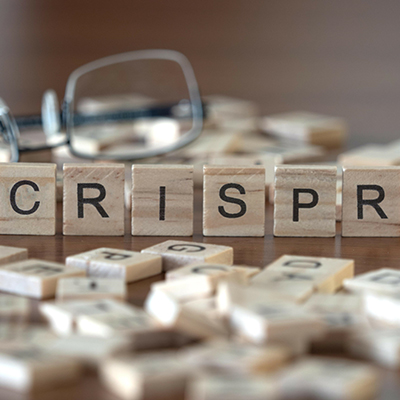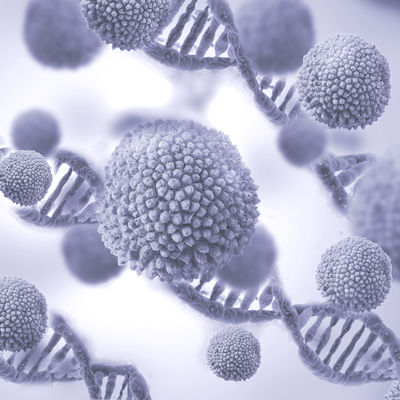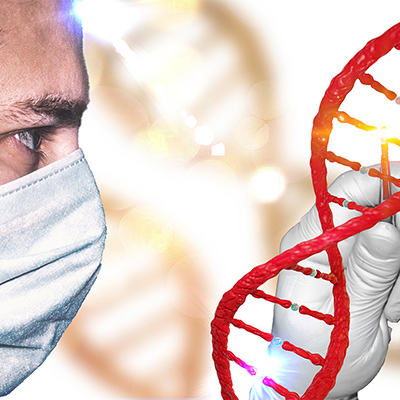May 24, 2023 -- Researchers have uncovered the biological effects of a mutation that causes its carrier to live virtually pain-free, heal more rapidly, and experience reduced anxiety and fear.
The study, details of which were shared Wednesday in the journal Brain, is the culmination of a 10-year investigation into why a woman, Jo Cameron, cannot feel pain. A physician referred Cameron to geneticists at University College London (UCL) after noting that she felt no pain after major surgeries on her hip and hand. Six years later, the UCL team identified a mutation in a long non-coding RNA gene as the cause of the phenomenon.
In the latest study, the researchers unpick why a mutation in the FAAH-OUT gene allows Cameron to live largely free from pain and anxiety. Using CRISPR/Cas9, the scientists edited human embryonic kidney cell lines to mimic Cameron's genetic microdeletion and show how it affects cellular pathways. The team also ran transcriptomic analyses in patient-derived cells to find a network of genes that are dysregulated by the mutation.
The researchers found that FAAH-OUT regulates the adjacent key endocannabinoid system gene FAAH. The research suggests that the gene regulates FAAH expression by stopping DNMT1-dependent DNA methylation of the FAAH promoter. Those changes result in transcriptional shutdown of FAAH and reduction of FAAH activity. Because FAAH is found in regions of the brain involved in pain signaling, the reduction in activity may explain Cameron's high tolerance for pain.
Other aspects of the study showed that, in addition to acting on FAAH, the mutations turn up 797 genes and turn down 348 genes. The list of effects includes alterations to WNT, a pathway associated with wound healing.
In a statement, James Cox, a professor of human pain genetics at UCL and a senior author of the study, outlined why the findings are important and may have uses beyond understanding Cameron's condition.
"These current findings are where things really start to get interesting," Cox said. "By understanding precisely what is happening at a molecular level, we can start to understand the biology involved, and that opens up possibilities for drug discovery that could one day have far-reaching positive impacts for patients."
Other scientists previously identified FAAH as a potential target for pain drugs, but research into the gene has yet to yield an effective therapy. Pfizer ran a phase II clinical trial of an irreversible FAAH inhibitor, PF-04457845, more than a decade ago but the drug candidate failed to reduce the pain of patients with osteoarthritis of the knee. A subsequent study in post-traumatic stress disorder (PTSD) was stopped early.
Copyright © 2023 scienceboard.net









